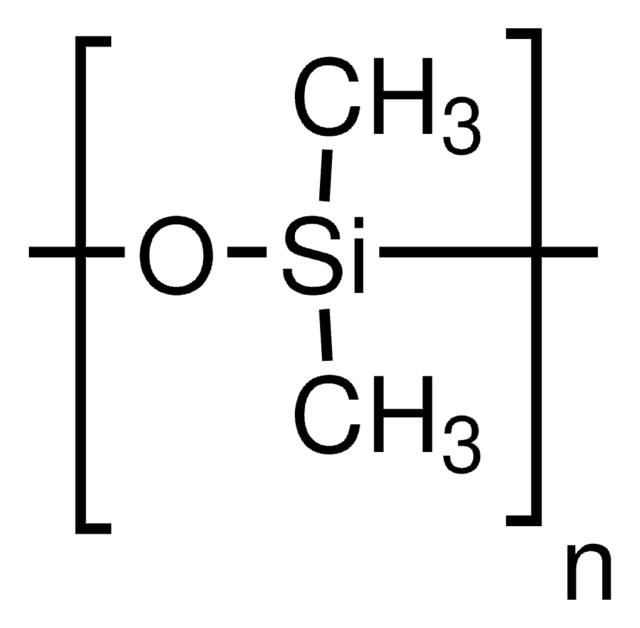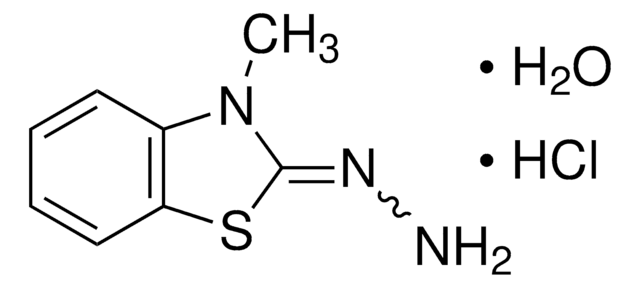D2975000
Doxorubicin hydrochloride
European Pharmacopoeia (EP) Reference Standard
Synonym(s):
DOX, Hydroxydaunorubicin hydrochloride
About This Item
Recommended Products
grade
pharmaceutical primary standard
API family
doxorubicin
manufacturer/tradename
EDQM
mp
216 °C (dec.) (lit.)
application(s)
pharmaceutical (small molecule)
format
neat
SMILES string
Cl[H].COc1cccc2C(=O)c3c(O)c4C[C@](O)(C[C@H](O[C@H]5C[C@H](N)[C@H](O)[C@H](C)O5)c4c(O)c3C(=O)c12)C(=O)CO
InChI
1S/C27H29NO11.ClH/c1-10-22(31)13(28)6-17(38-10)39-15-8-27(36,16(30)9-29)7-12-19(15)26(35)21-20(24(12)33)23(32)11-4-3-5-14(37-2)18(11)25(21)34;/h3-5,10,13,15,17,22,29,31,33,35-36H,6-9,28H2,1-2H3;1H/t10-,13-,15-,17-,22+,27-;/m0./s1
InChI key
MWWSFMDVAYGXBV-RUELKSSGSA-N
Gene Information
human ... TOP2A(7153)
Looking for similar products? Visit Product Comparison Guide
General description
For further information and support please go to the website of the issuing Pharmacopoeia.
Produced by certain strains of Streptomyces coeruleorubidus or Streptomyces peucetius or obtained by any other means.
Application
Established for the preparation of the below-given solutions as per European Pharmacopoeia:
- Reference solutions (b) and (c) in the testing of related substances in daunorubicin hydrochloride using liquid chromatography (General text 2.2.29), according to the monograph 0662
- Reference solutions (a) and (c) to test related substances in doxorubicin hydrochloride using liquid chromatography (General text 2.2.29), according to the monograph 0714
- Reference solutions (b) and (c) in the testing of related substances in epirubicin hydrochloride using liquid chromatography (General text 2.2.29), according to the monograph 1590
Packaging
Other Notes
Signal Word
Danger
Hazard Statements
Precautionary Statements
Hazard Classifications
Acute Tox. 4 Oral - Carc. 1B - Muta. 1B - Repr. 1B
Storage Class Code
6.1C - Combustible acute toxic Cat.3 / toxic compounds or compounds which causing chronic effects
WGK
WGK 3
Flash Point(F)
Not applicable
Flash Point(C)
Not applicable
Choose from one of the most recent versions:
Certificates of Analysis (COA)
Sorry, we don't have COAs for this product available online at this time.
If you need assistance, please contact Customer Support.
Already Own This Product?
Find documentation for the products that you have recently purchased in the Document Library.
Customers Also Viewed
Our team of scientists has experience in all areas of research including Life Science, Material Science, Chemical Synthesis, Chromatography, Analytical and many others.
Contact Technical Service








